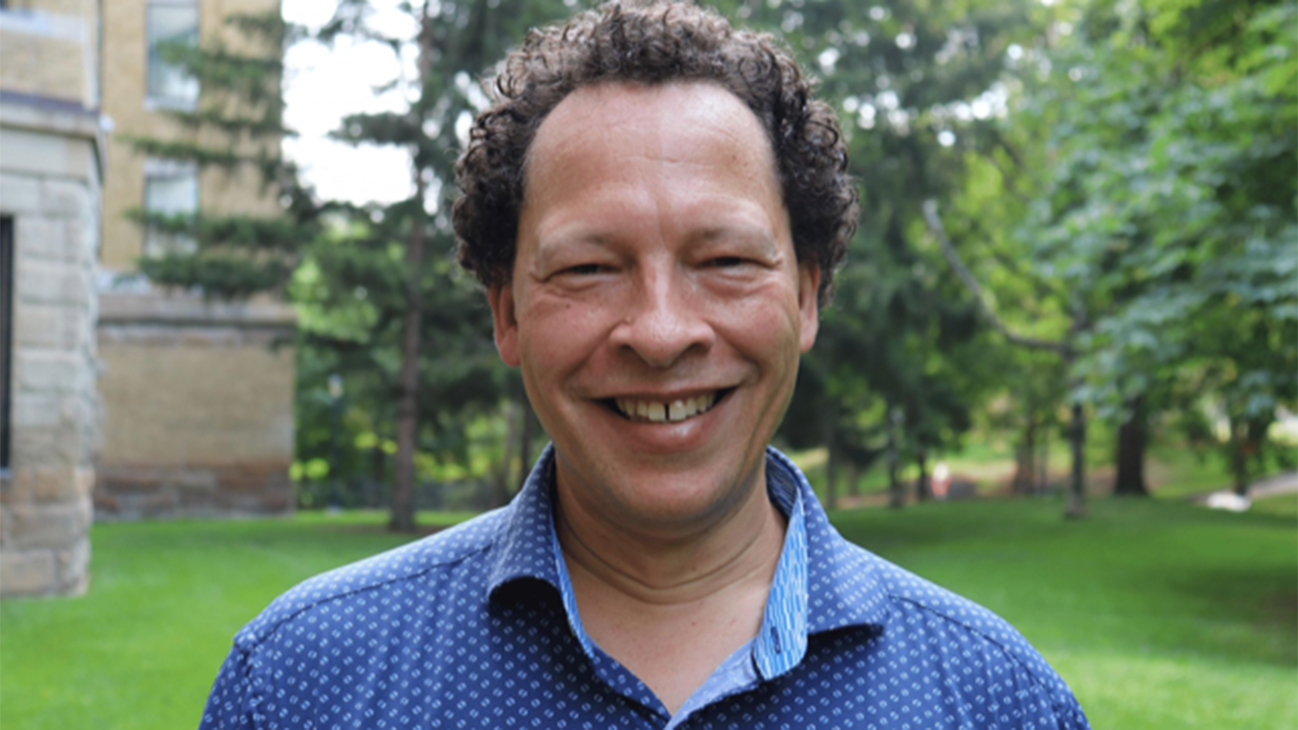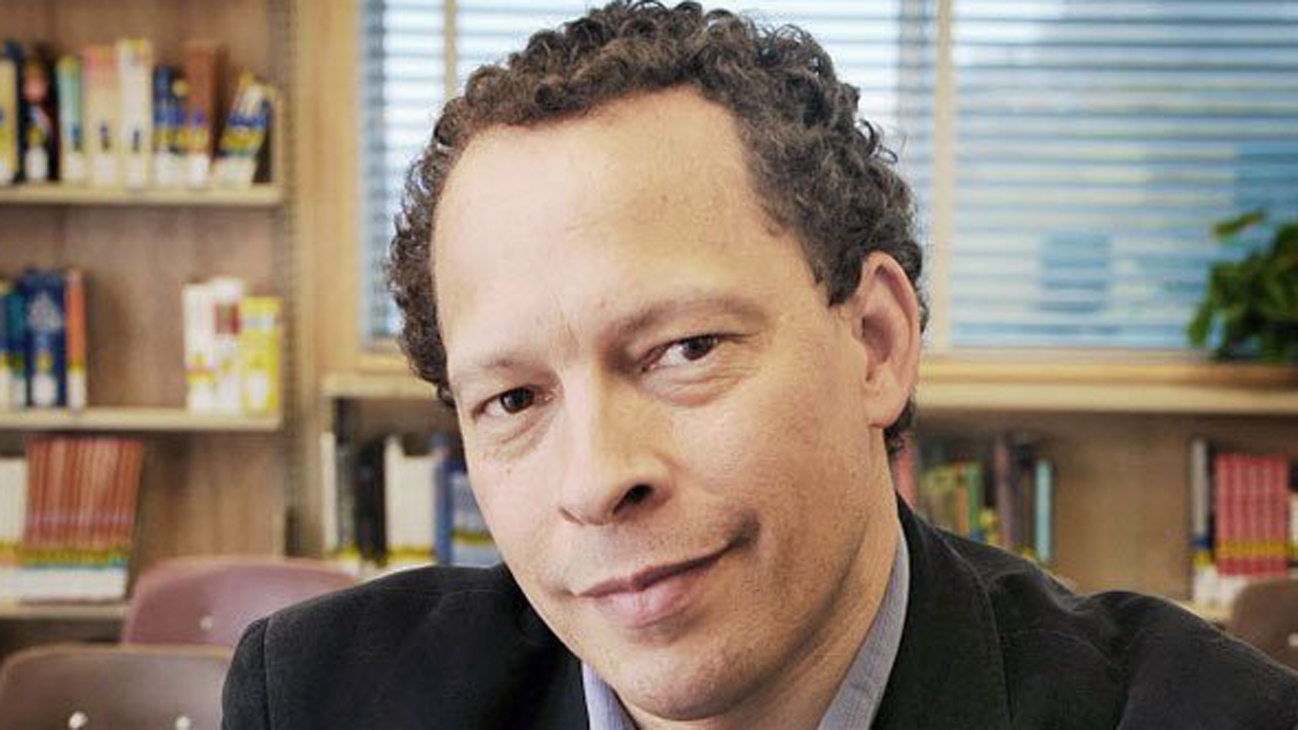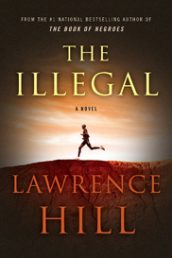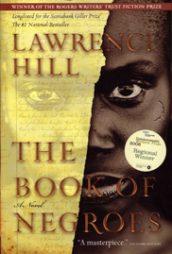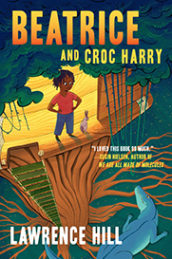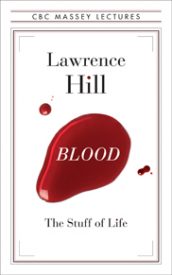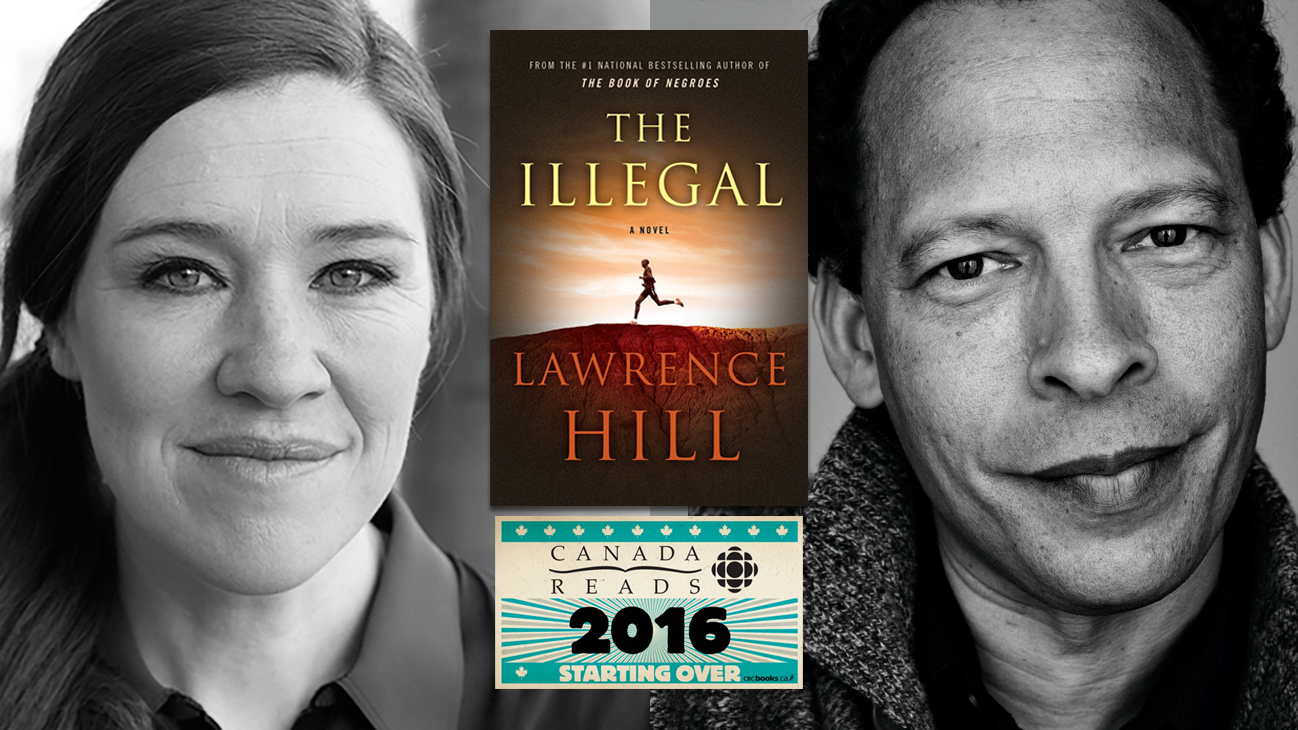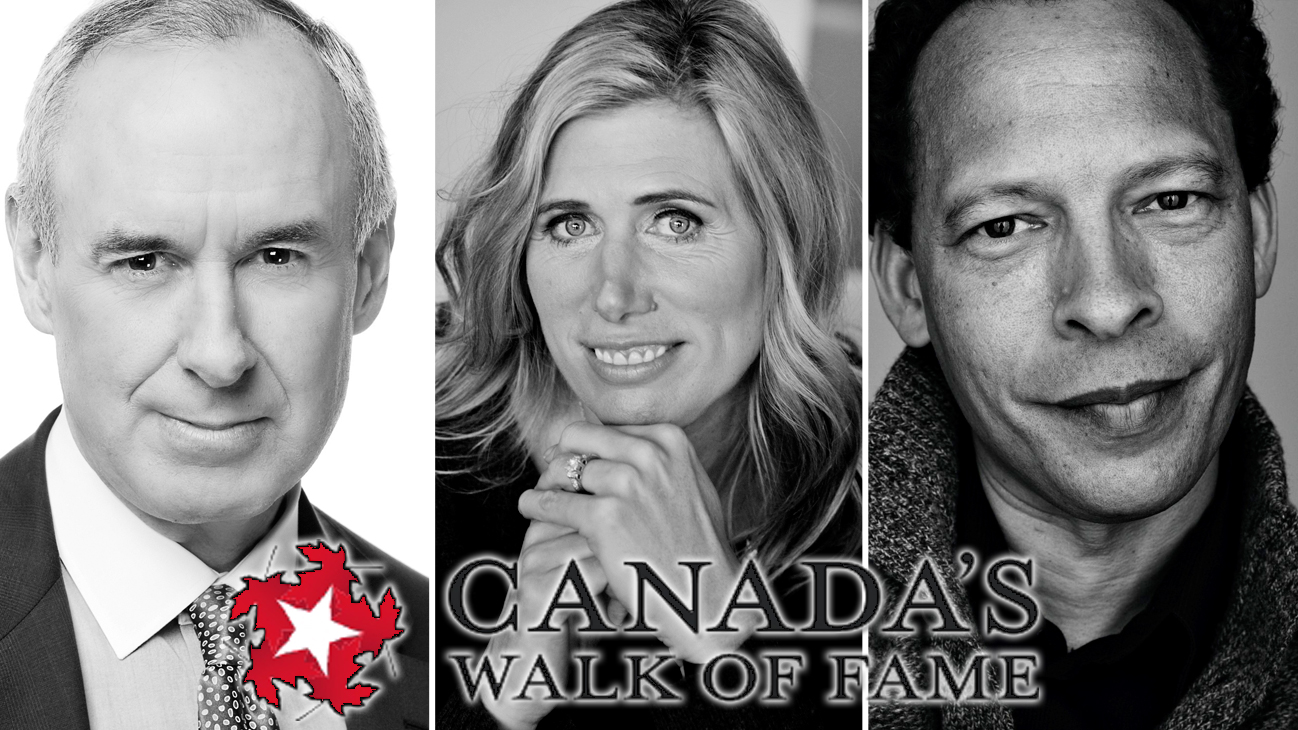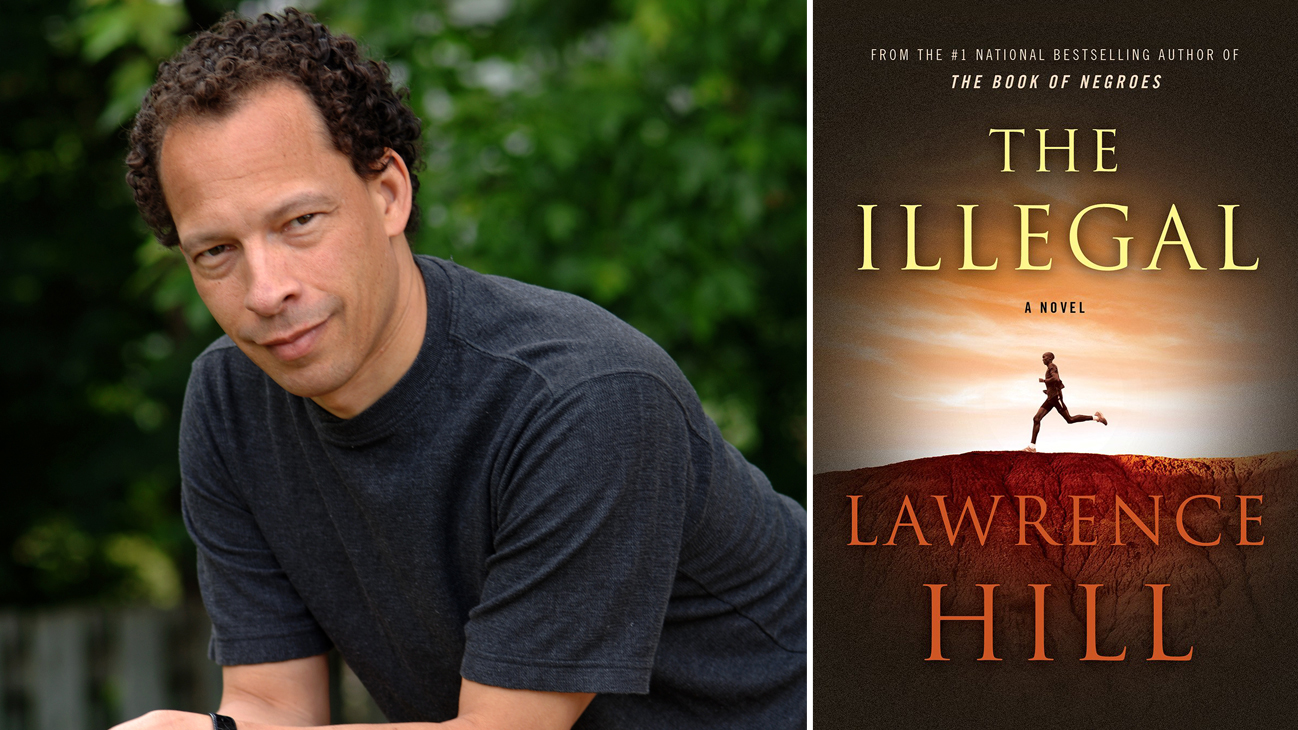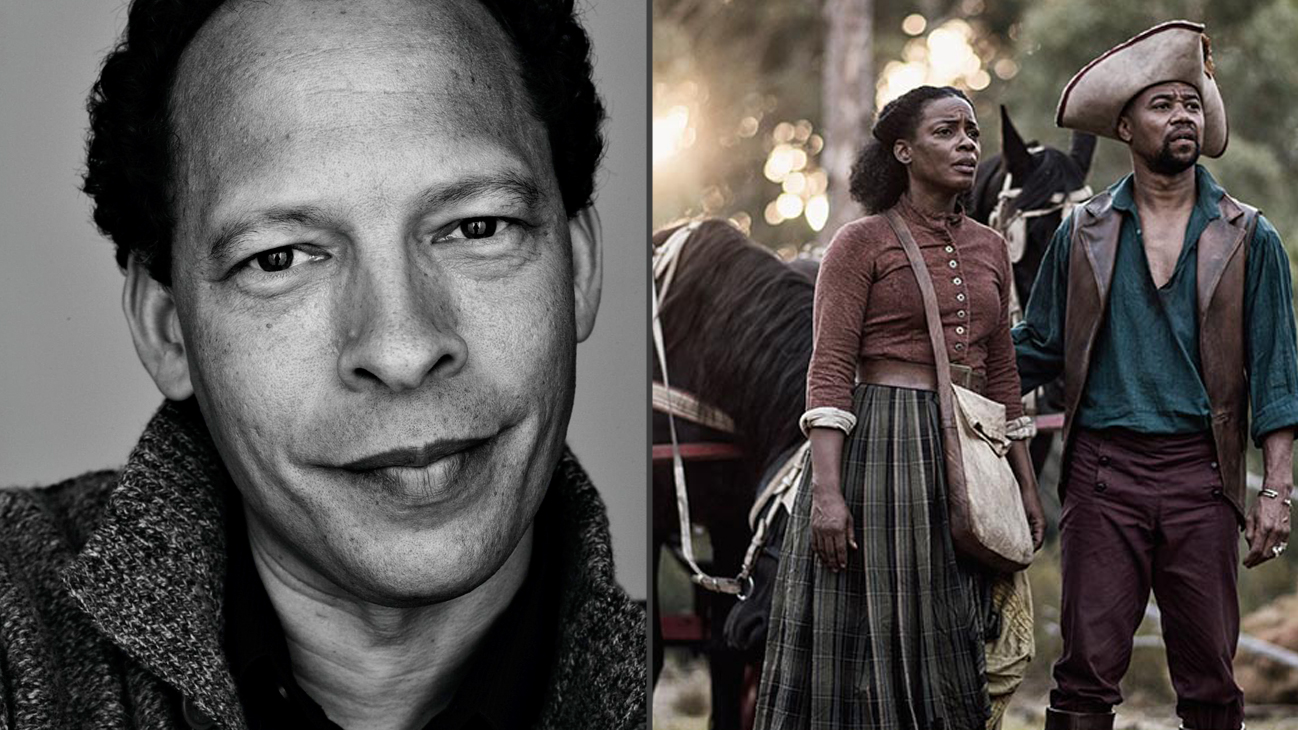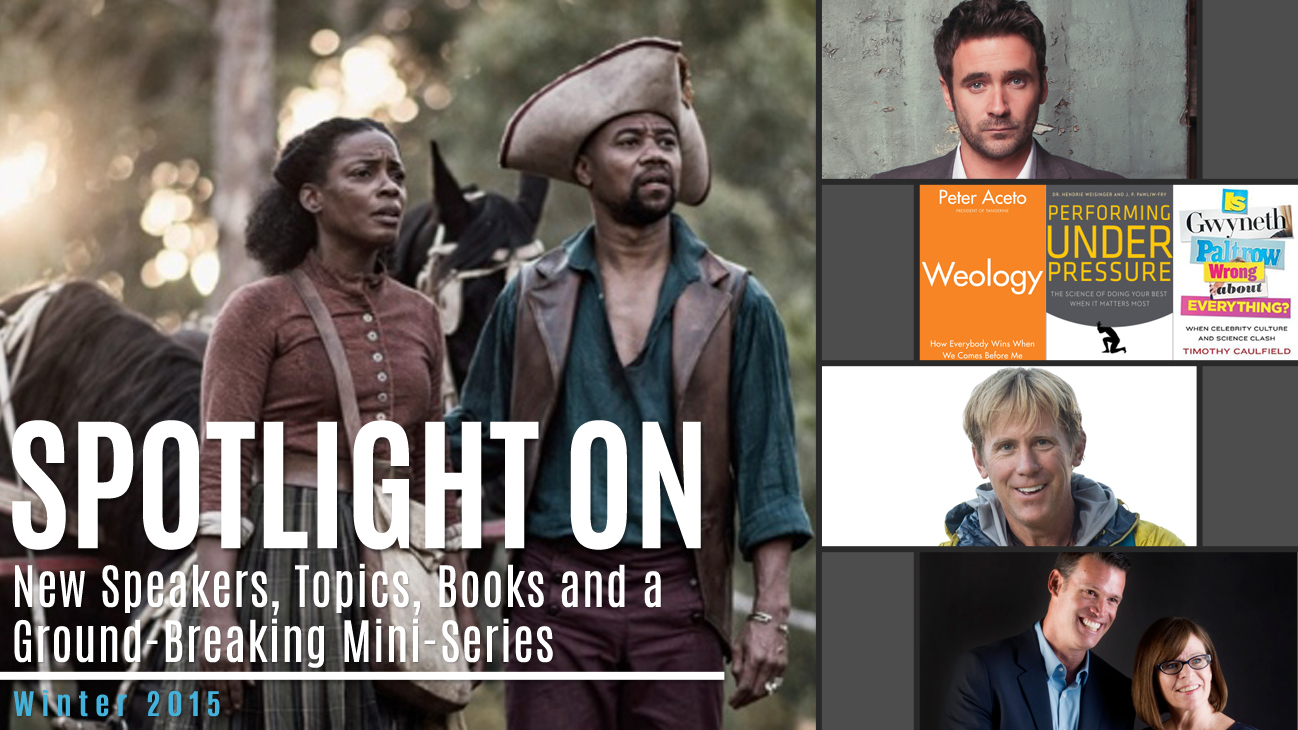A Commonwealth Writers’ Prize-winner and the bestselling author of The Book of Negroes and The Illegal, Lawrence Hill speaks as well as he writes. With engrossing, poignant talks on diverse topics such as channeling creative energy, censorship, racial identity, Black history in Canada, mental health, and the craft of writing, Hill earns praise from every group he addresses.
Hill is the author of 11 bestselling books, which have been translated into many languages and published around the world. His most recent novel is the young adult book, Beatrice and Croc Harry. Hill is currently writing a new novel for adults about the thousands of African American soldiers who helped build the Alaska Highway in British Columbia and Yukon during World War II. He is also a professor of creative writing at the University of Guelph.
Formerly a reporter with The Globe and Mail and a parliamentary correspondent for The Winnipeg Free Press, Hill’s work has earned him several awards. He is the recipient of a National Magazine Award for best feature article, the Rogers Writers’ Trust Fiction Prize, the Governor General’s Award for Popular Media, and the Canada Council for the Arts Molson Prize. Hill is also a Member of the Order of Canada, an inductee of Canada’s Walk of Fame, and the only author to have won CBC’s Canada Reads competition twice.
Fluent in both English and French, Hill delivered the 2013 Massey Lectures based on his non-fiction book Blood: The Stuff of Life. He also co-wrote the adaptation of his book The Book of Negroes for a six-part television miniseries, which won 11 Canadian Screen Awards as well as the NAACP Image Award for Outstanding Writing for a Motion Picture. Hill’s one-act, one-woman play, Sensitivity, was commissioned by Obsidian Theatre in Toronto, and aired for one year on CBC Gem TV.
Hill has volunteered overseas four times with Crossroads International and is one of its honorary patrons. He has also volunteered with The Black Loyalist Heritage Society, The Ontario Black History Society, and in federal penitentiaries. He has received 10 honorary doctorates from Canadian universities including Dalhousie University, Western University, The University of Toronto, and The University of British Columbia.

